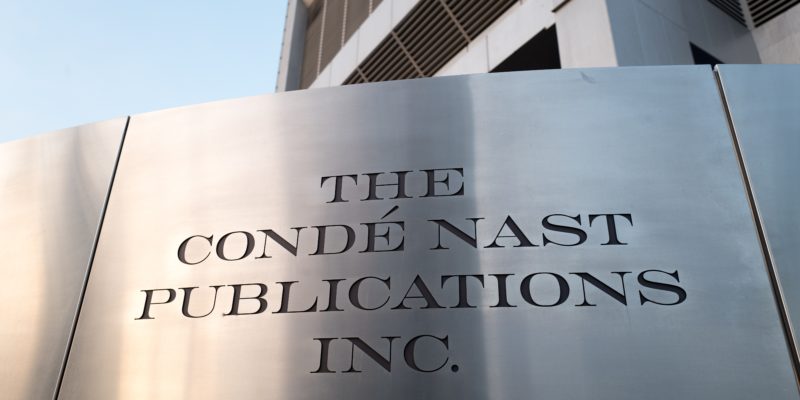Conde Nast Health has announced a cookie-less advertising solution called Obsidian. It is the latest effort within the publishing industry to develop new targeting methods for advertisers.
The takeaways:
- The company introduced Obsidian, from its CitizenNet marketing platform, which uses a combination of content intelligence, audience models, and audience interactions.
- The software tool uses AI-powered machine learning to reach high-intent audiences with contextual targeting. This means ads appear near content that’s relevant and appealing to various audience segments.
- Obsidian’s use of 1P technology ranks content according to its relevance to particular contexts and optimizes targeting based on frequency, placement, and sentiment. Obsidian also enables the exclusion of certain keywords or pages from targeting and performance layering.
The bigger picture: With more and more platforms phasing out third-party cookies, there is now a growing trend for publishers to provide alternative advertising solutions. The Washington Post’s Zeus is another example of the kind of advertising solutions that will define the next generation of AdTech.
Exploring the alternatives: Google recently announced they would be phasing out third-parties cookies on Chrome within two years. The industry is in a race to figure out what is the best solution to replace cookies:
- Conversion Measurement APIs – allows advertisers to measure conversion and performance without using third-party cookies. Chromium OS has floated the idea while Apple has released an experimental API.
- Contextual advertising – rather than advertisers tracking users, browsers would track activity and target interest groups without identifying users.
- First-party data – allows publishers to serve targeted ads by knowing their users intimately.
By the numbers:
- According to eMarketer, 42% of consumers say digital advertisers are too aggressive in tracking them on every device or browser.
- Conde Nast Health reaches more than 73 million monthly ad-supported viewers worldwide.
- In a study, Google found that digital publishers already lose an average of 52% of advertising revenue when visitors block cookies.
The roll-up: As we move towards a world without third-party cookies, publishers and advertisers are turning to software tools. Solutions that optimize audience targeting, while respecting user privacy, will be the key to a cookie-less future.









